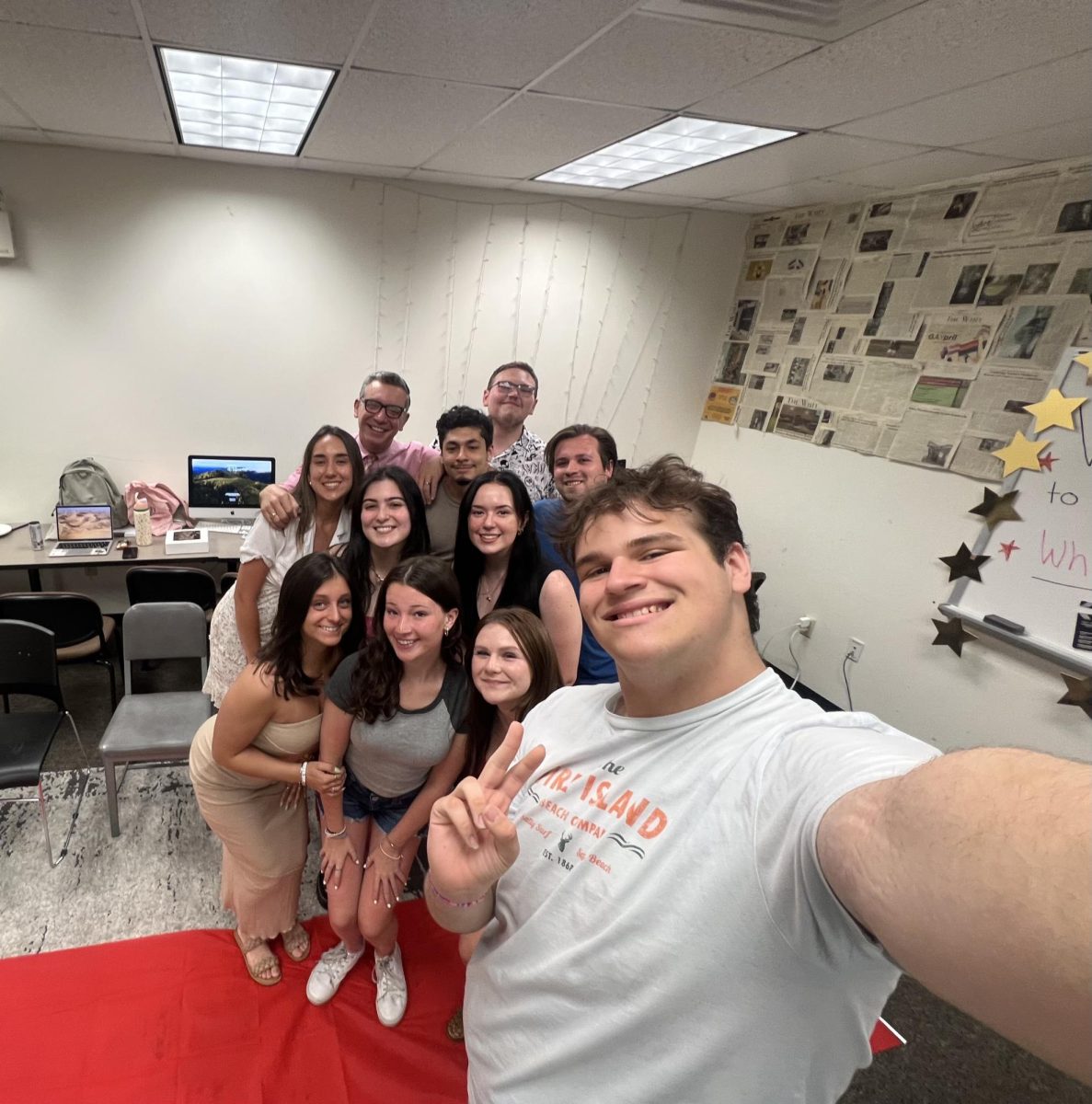Whether you’re commuting 15 minutes down the road or an hour out of state, we all know how the story goes: there is, inevitably, never a parking spot – in any lot – to reward your travels. Yet many of us – those of us who pay for parking – would think that we would, in fact, have a less hellacious experience finding a slot to slide into before class. But that simply isn’t the case.
According to the university’s permit store, commuter parking passes for the Fall 2021 semester alone is $80 and rises to $140 for a Fall 2021/Spring 2022 pass.
Essentially, commuting students could end up paying over $640 in parking pass fees over the course of their four years here at Rowan University.
While some may argue the issue is a lack of parking, generally, we’d like to suggest the problem lies in the fact that students, commuters specifically, are forking over their money to purchase a small, car-window sticker that guarantees them nothing. So why are we still required to buy them?
With the purchase of a commuter parking permit, you aren’t even granted access to the lot of your choice, but instead confined to the lots the university deems open for commuter parking. Other lots and garages are reserved for employees, visitors, or residential students. Just imagine if lots H and U were open to commuting students. How convenient would that be?
On top of this, the $80 permit only buys you permission to park at the university you already pay to attend; it doesn’t actually reserve you the right to any spot in particular. So, unless you have 8 a.m. classes, most lots are going to fill up quickly and you might find yourself doing a few laps, questioning the point of that $80 or $140 purchase.
Those that fail to comply with the mandated parking permit purchase rule can face severe financial punishments by the university. By failing to display a permit or for “parking in other than a designated lot,” students can be fined up to $75. So, it seems as if there aren’t many options for those of us that find ourselves looping around a full parking lot but to keep circling and wait for a spot to open up.
Sure, you might be late to class, but it seems as though that’s often the only option if you want to avoid being fined for parking elsewhere.
And if you thought you could borrow a friend’s permit for the day just to make it in and out of class, think again. You’re looking at a $275 fine for transferring or lending permits, and, according to the university’s parking rules and regulations page, it “will also result in referral to the appropriate disciplinary committee and/or criminal charges, towing, or immobilization.”
The good news is that there is some wiggle-room for students who feel that they have been wrongly issued a citation on behalf of the university with an appeal process. Students are able to issue an appeal online at Rowan.thepermitstore.com within 10 days of the citation’s issuance. According to the university’s parking rules and regulations page, “All appeals are reviewed by the Parking Appeals Committee which consists of a student, faculty and staff member. The Parking Appeals Committee will notify you via email of their decision. If you disagree with the decision of an appeal, you have five days to request that your appeal be reviewed again by the Parking Appeals Committee.”
With in-state tuition rates coming in at more than $14,000 per year and out-of-state rates north of $23,000 for full-time students, why should students who must already travel to attend the classes they’re paying thousands of dollars for also pay for their right to park?
It’s difficult for students to make the purchase without feeling in the dark about where the money is actually going — given the lack of explanation regarding the purchase of passes.
The Whit staff questions why parking isn’t part of the whole that students are already paying for here at the university, and why students aren’t offered more transparency regarding the allocation of these fees. We encourage the university to lower — or do away with entirely — these extra costs for students.
For comments/questions about this story, tweet @TheWhitOnlineor email [email protected].

























































































































































!["Working with [Dr. Lynch] is always a learning experience for me. She is a treasure,” said Thomas. - Staff Writer / Kacie Scibilia](https://thewhitonline.com/wp-content/uploads/2025/04/choir-1-1200x694.jpg)












































